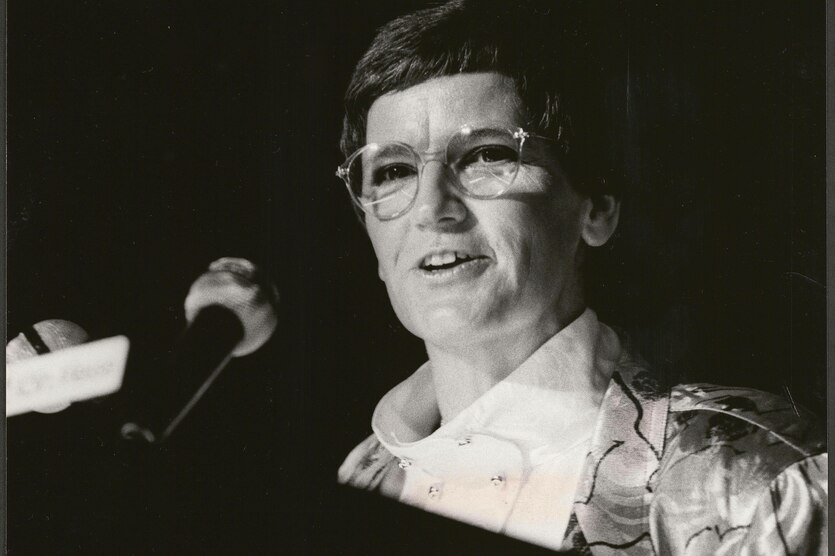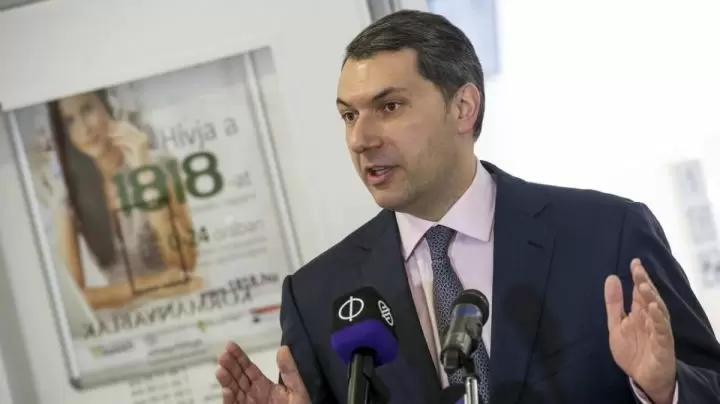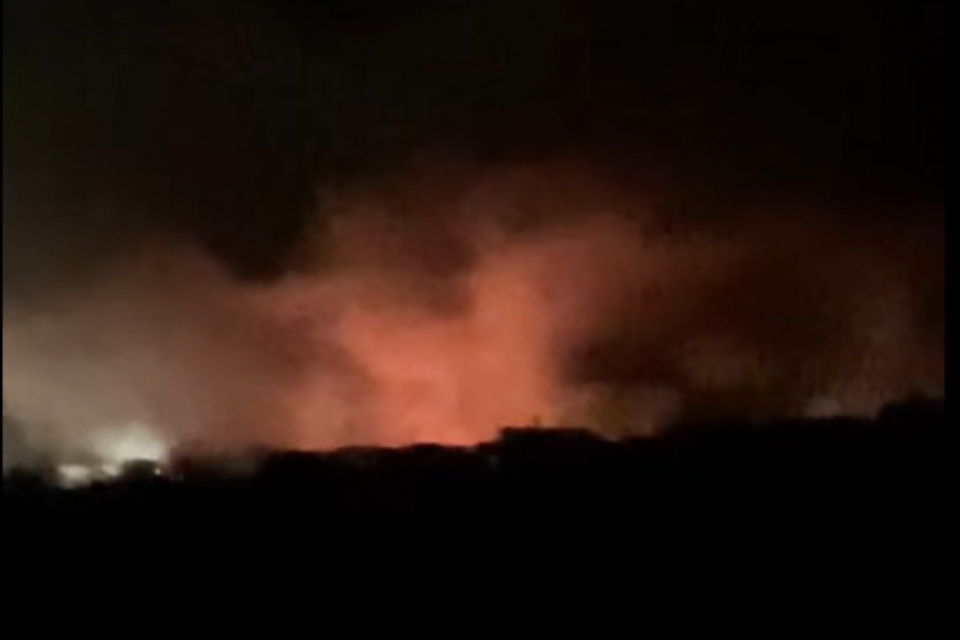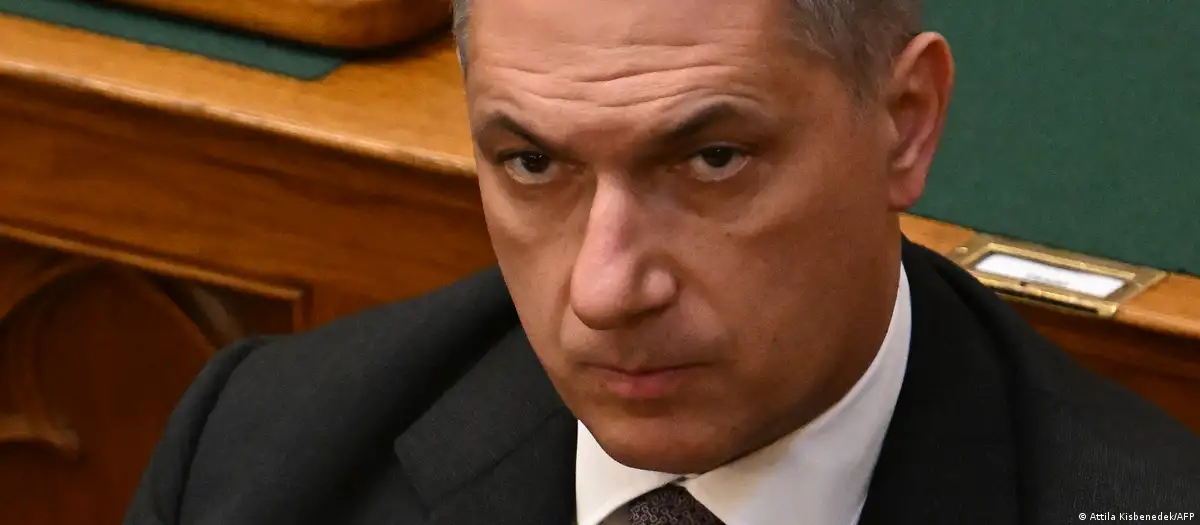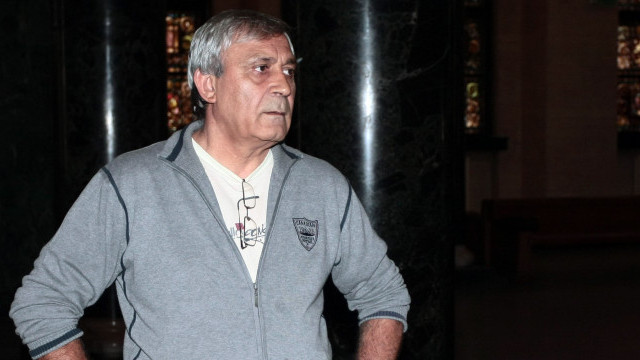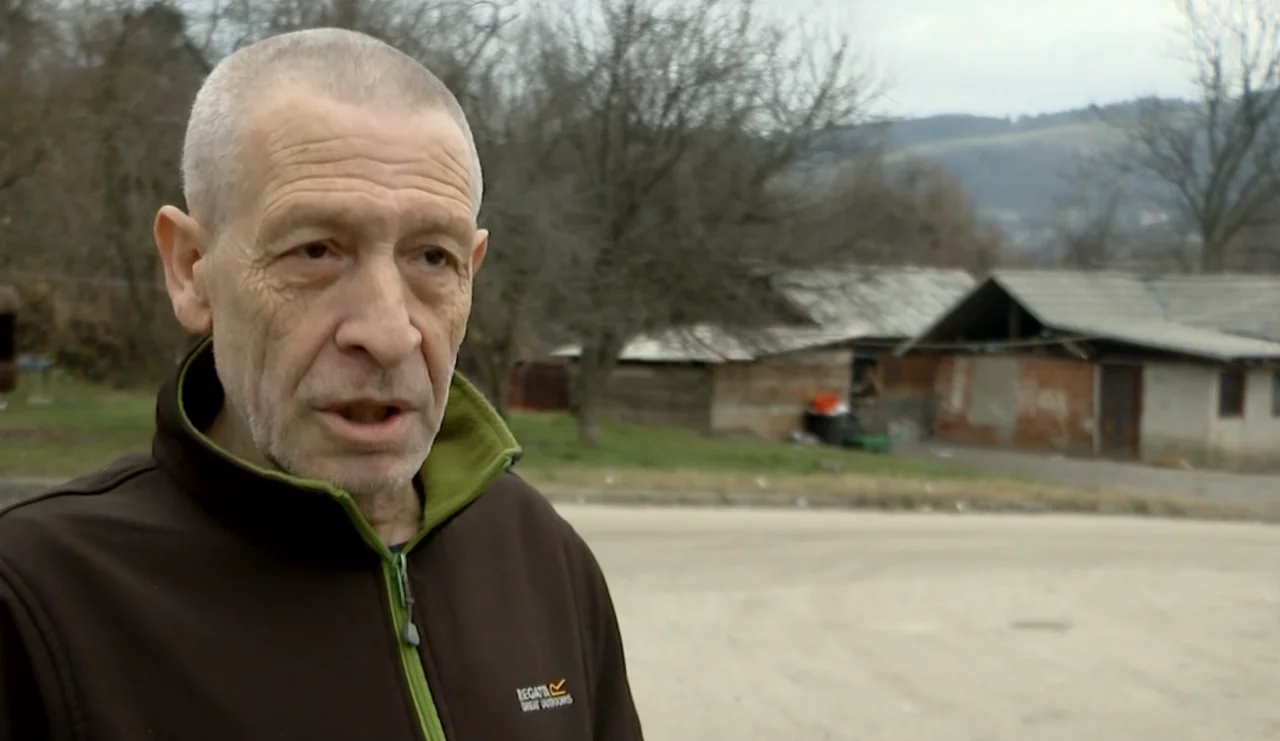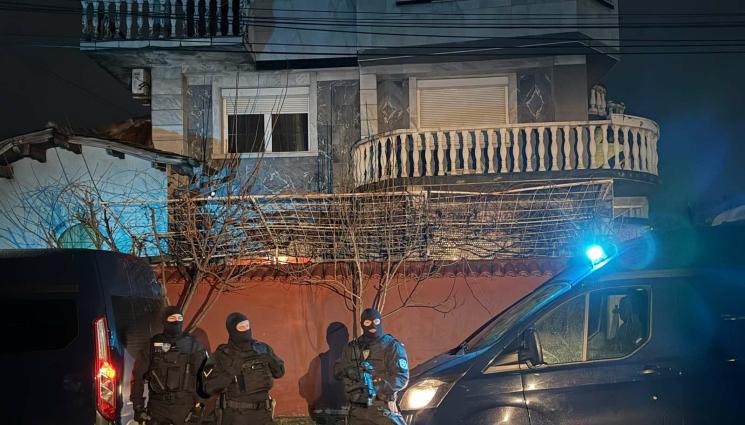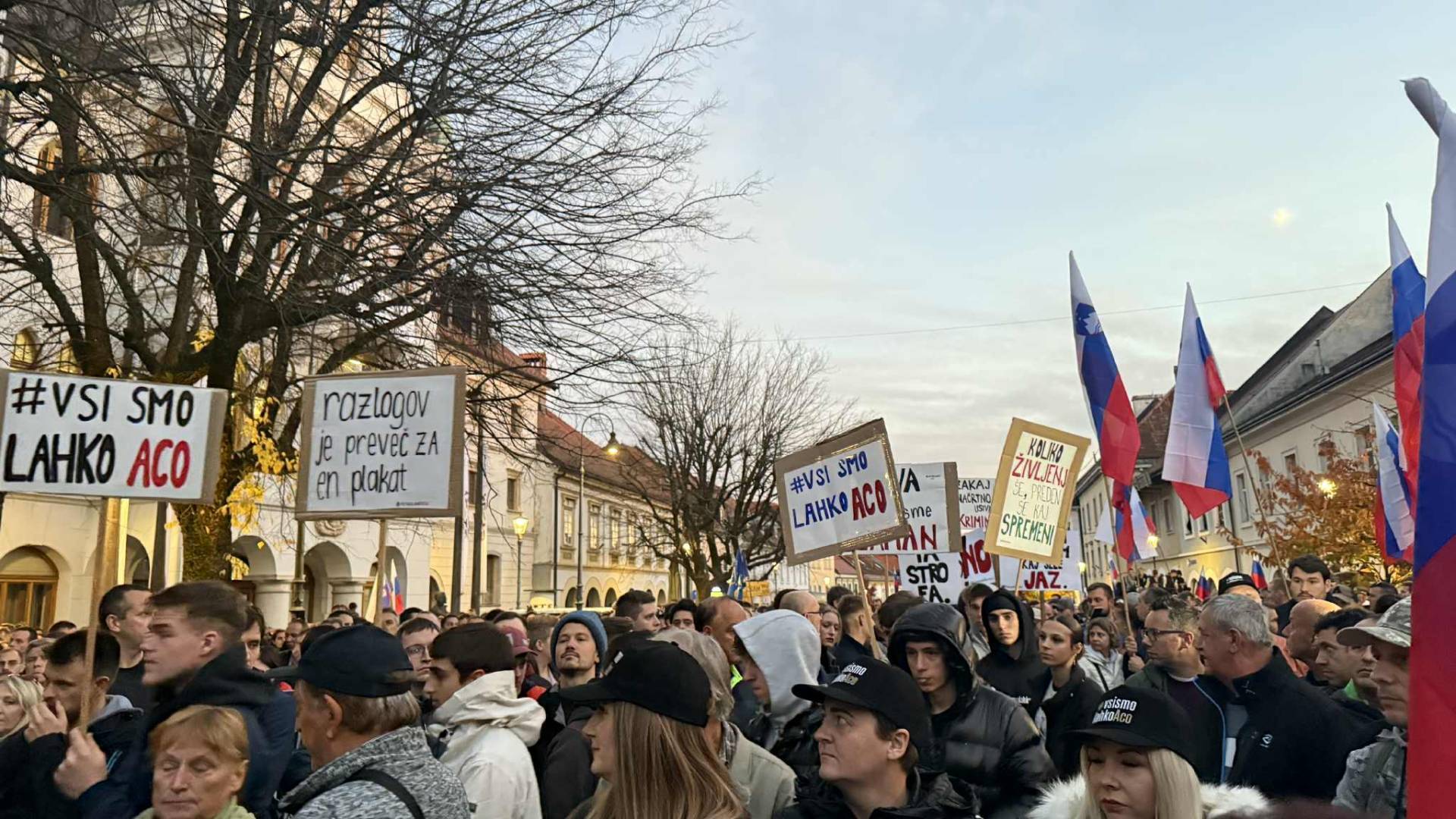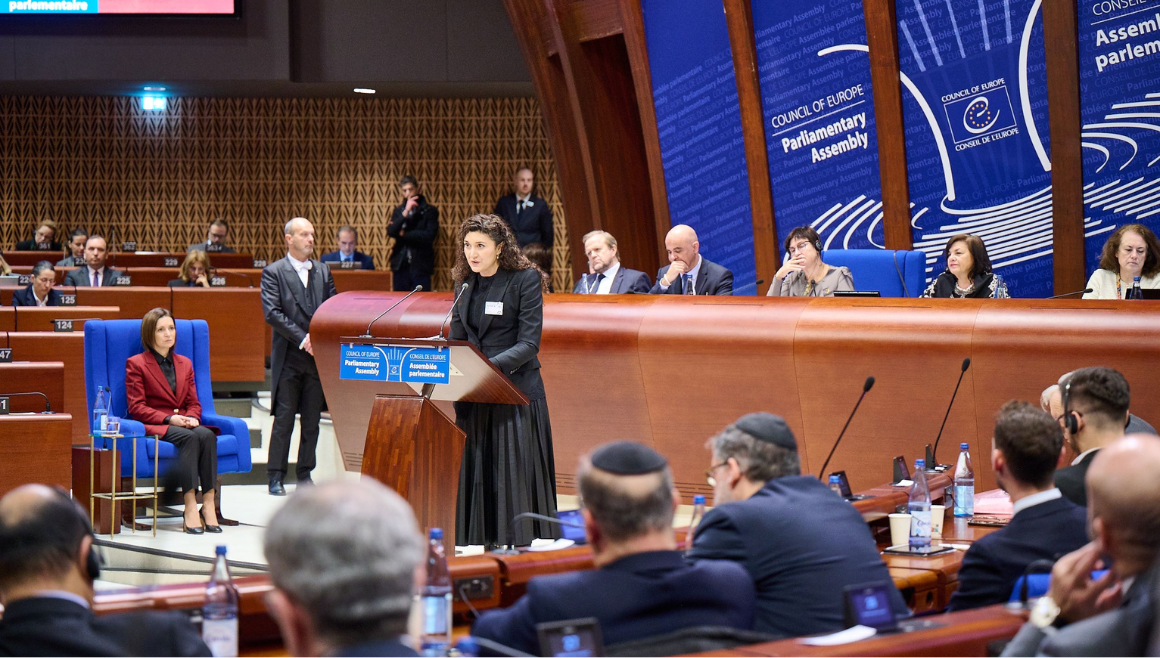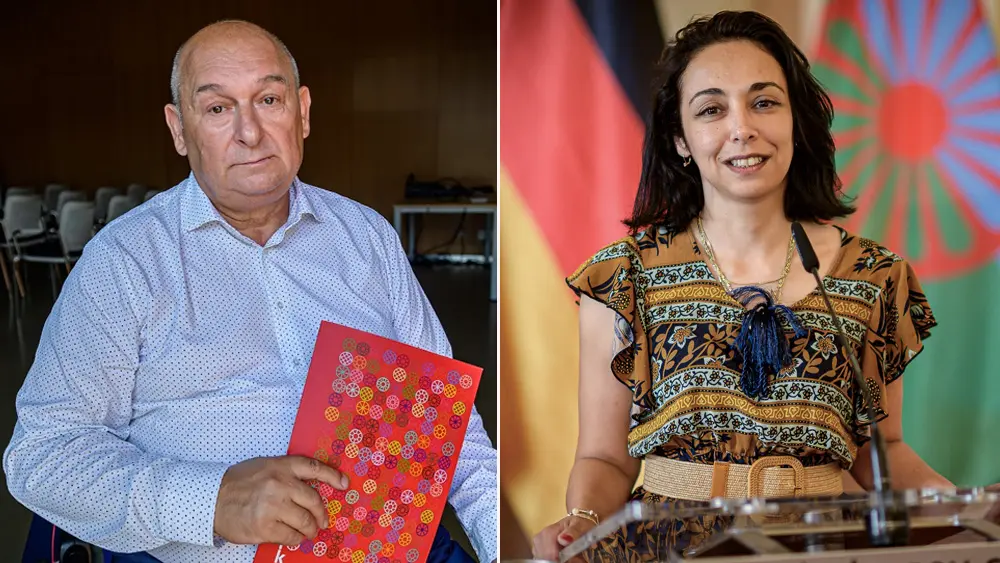Tensions between two groups of Roma in the Pleven village of Bukovlak seem to be boiling over, requiring police action. Witnesses claim that groups of Roma gathered in different places in the village, some of them holding sticks, stakes, shovels, axes and other hard objects.
Bad.
- ИЗВЪНРЕДНО НАПРЕЖЕНИЕ – в Буковлък СТАВА СТРАШНО!: Война между роми с колове и брадви – полицията е мобилизарана, затворено е цялото село! (ВИДЕО). In: Safe News. 30.01.2026. https://safenews.bg/izvanredno-naprezhenie-v-bukovlak-stava-strashno-vojna-mezhdu-romi-s-kolove-i-bradvi-policziyata-e-mobilizarana-zatvoreno-e-czyaloto-selo-video/


